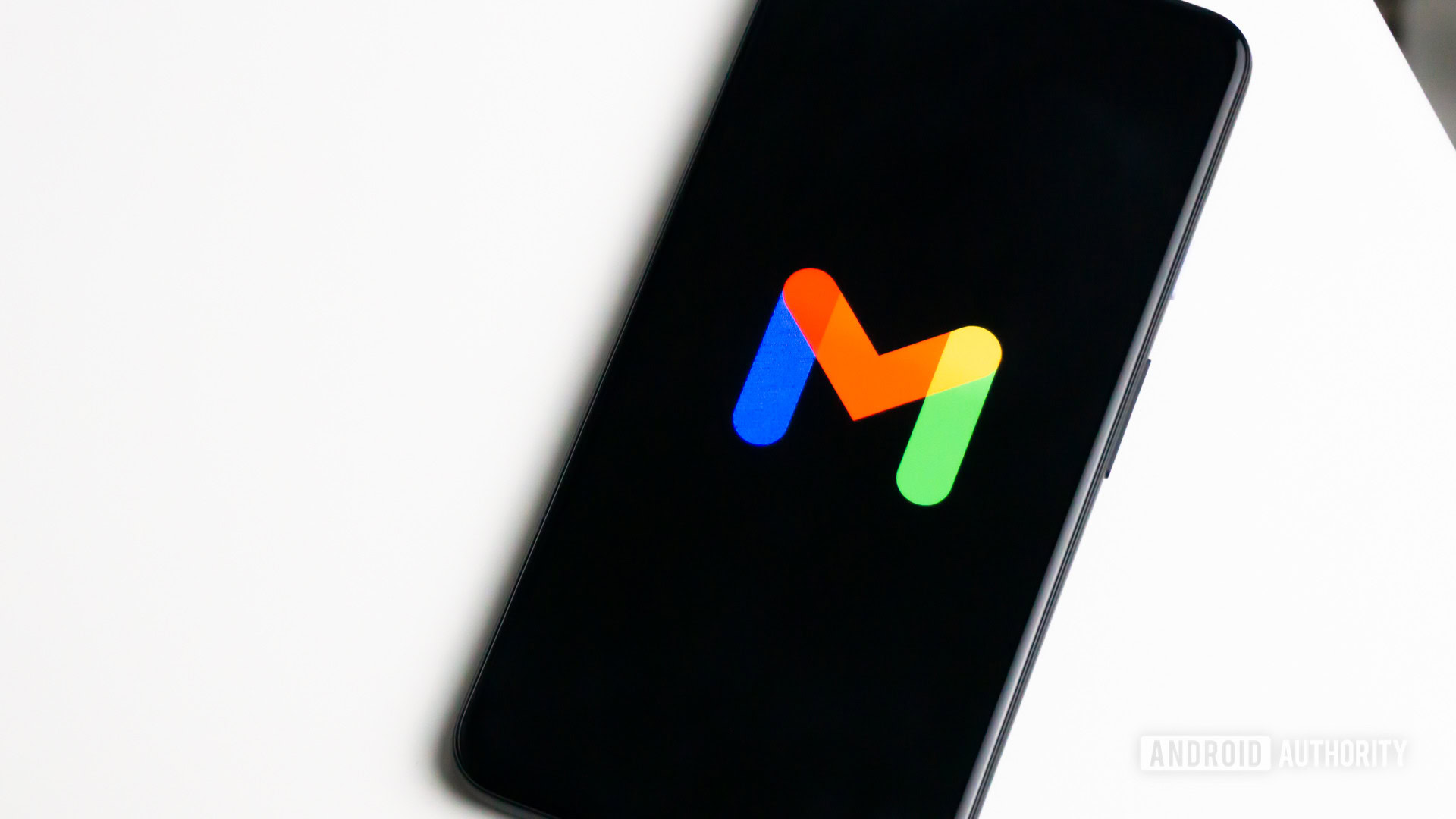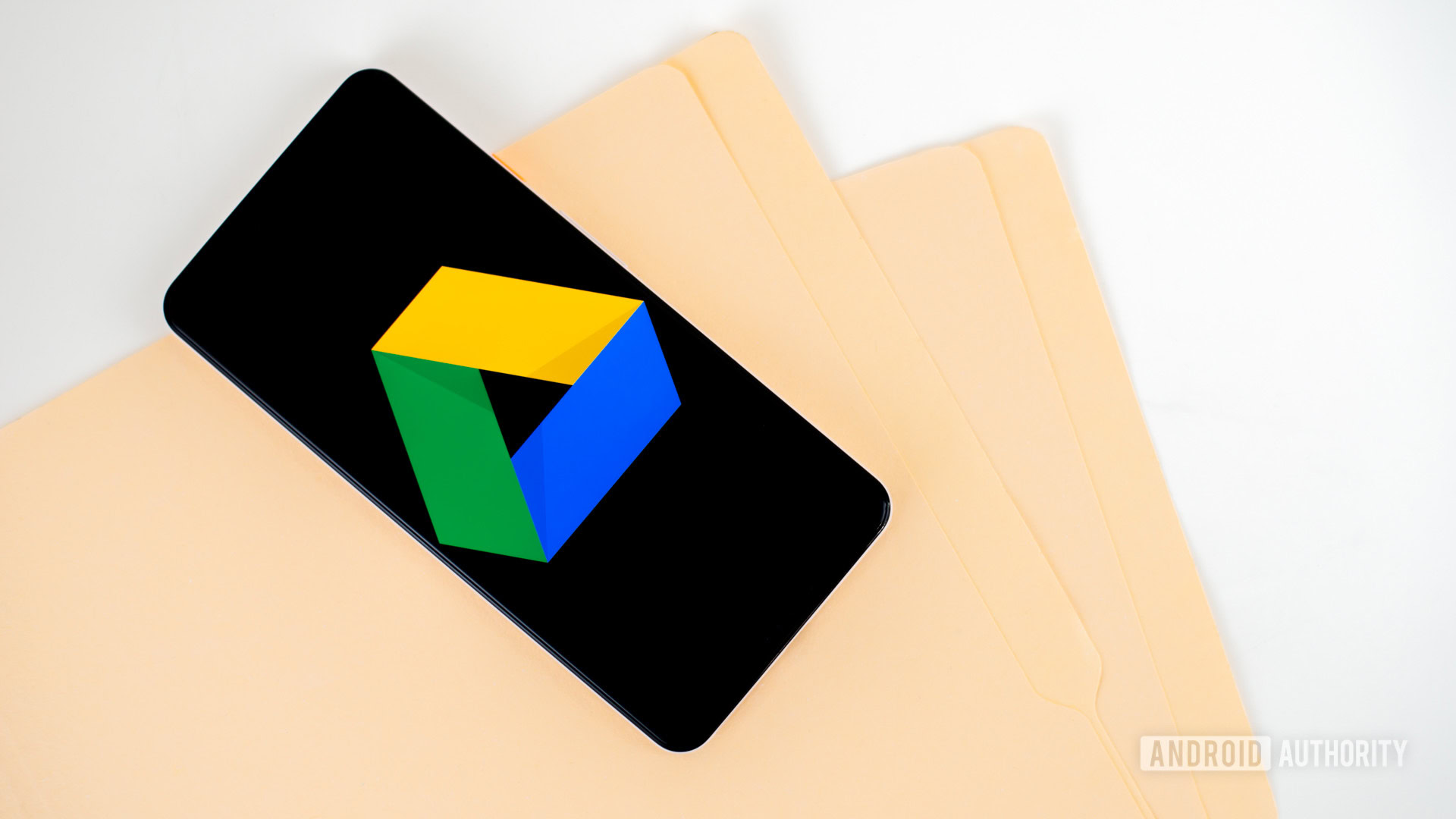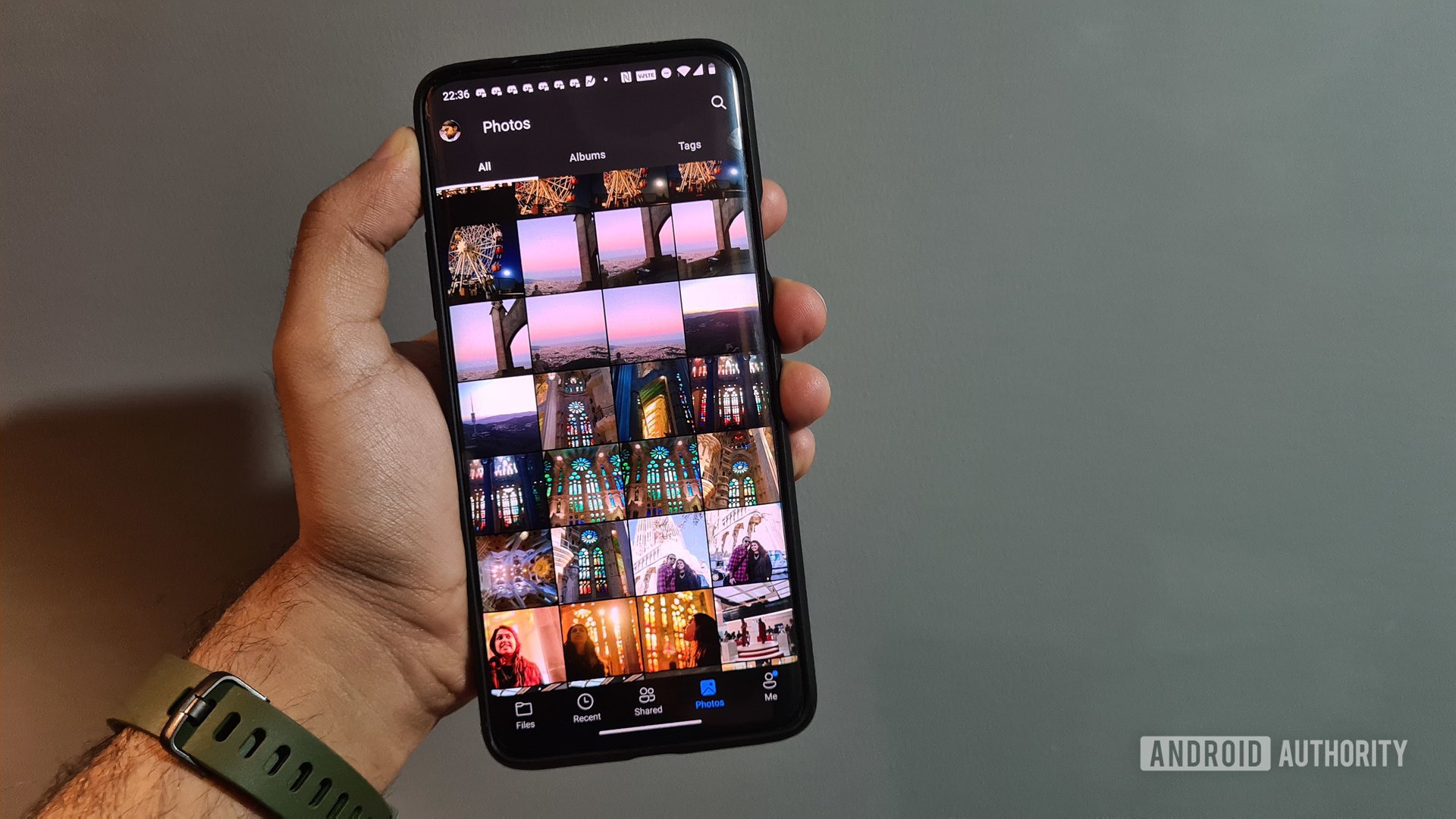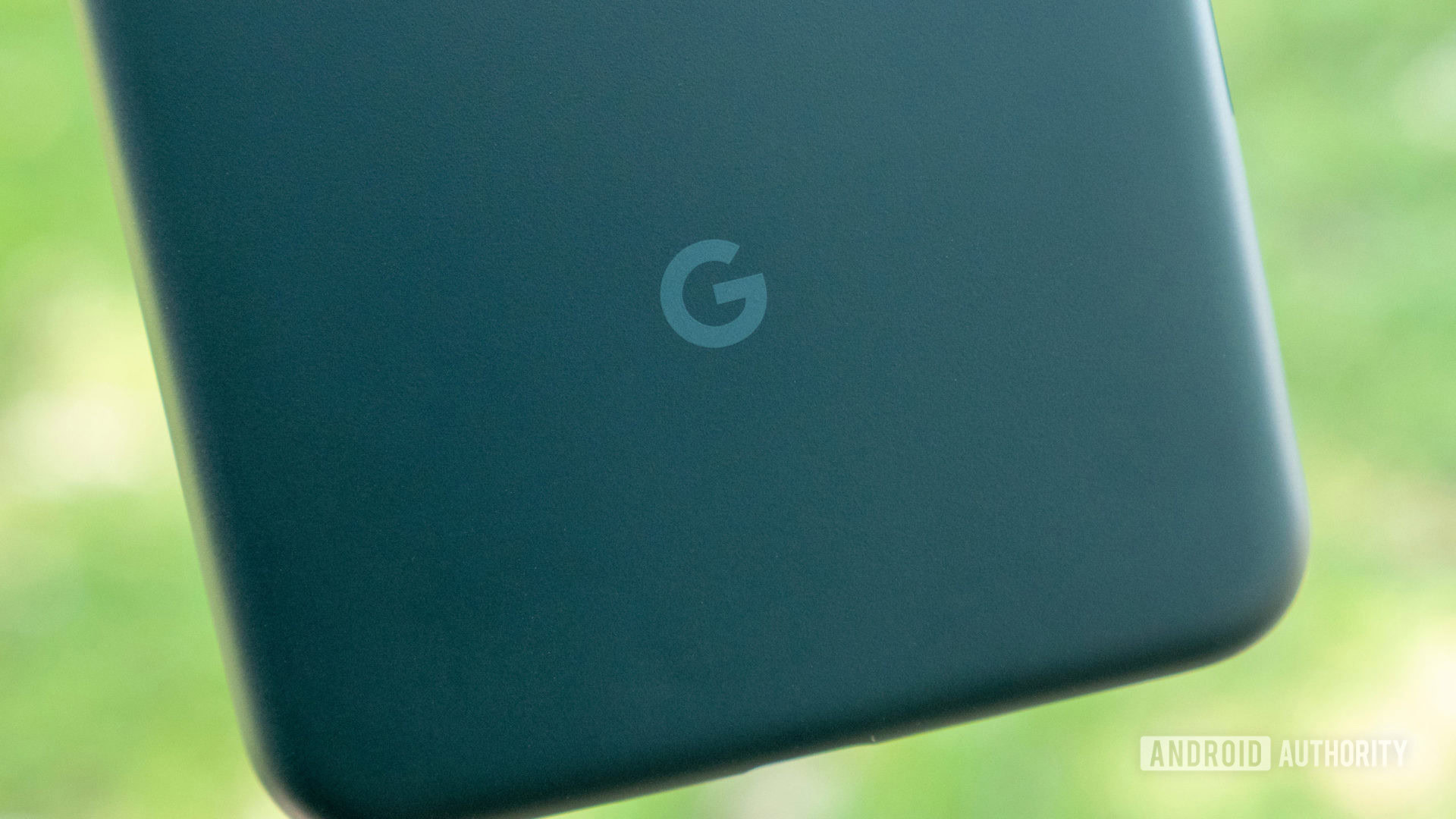Why I’m not keeping all my digital eggs in the Google basket
Jimmy Westenberg / Android Authority
Google has built a ton of services, all of them accessible via one account. In fact, with a few exceptions here and there (YouTube, Google Search, Google Maps), you can’t actually use most of the company’s major services without creating an account in the first place.
Needless to say, it’s very convenient to have all these services under one roof. However, I’ve never felt 100% comfortable with one Google account for everything. Let me tell you why and what I do about it.
The problem with keeping all my eggs in Google’s basket

Edgar Cervantes / Android Authority
I’m sure it’s an irrational fear, but I’ve always had this latent concern about the possibility of something happening to my Google account. Whether it’s my account being hacked or Google shutting it down for whatever reason, I realized very early on that a huge part of my digital life would go missing if my Google account was no longer accessible.
A huge part of my digital life would go missing if my Google account was no longer accessible.
That would mean no more Gmail inbox, Play Store purchases, YouTube profile, Google Chrome browsing data, Drive files, YouTube Music, and Google Photos backups. So I’d effectively have to start my digital presence from scratch if I were all in on the Mountain View behemoth’s services.
Google is no stranger to unwarranted bans or shutdowns

Edgar Cervantes / Android Authority
These fears aren’t exactly unfounded though, as Google’s algorithm-based approach to enforcement means mistakes aren’t uncommon and people do sometimes get their account banned for no reason.
There are cases of Google taking a heavy-handed approach to bans when they seem to be at fault, as one Redditor found out back in 2018. The user had returned devices to Google but the company charged his account anyway. When they decided to dispute the transaction and issue a chargeback with their bank (after apparently contacting the company several times), Google slapped them with a ban.
There’s no shortage of stories regarding Google account-holders who got unfairly or mistakenly banned.
We’ve also even seen a few egregious examples of Google banning accounts that aren’t directly associated with terms-of-service violations. For example, the company reportedly banned the personal account of mobile game developer Ali Nadalizadeh as well as the business account associated with his mobile game studio Raya Games. This errant banning came months after a former developer at Raya Games had his personal account banned in the first place. Nadalizadeh said his request to appeal the ban was declined, but Google reinstated the incorrectly banned accounts after the story went viral on Reddit.
Similarly, Google unfairly banned users for emote spam during YouTuber Markiplier’s stream back in November 2019, despite the host explicitly encouraging it. And these bans applied to the users’ entire Google accounts rather than their YouTube profiles.
Getting banned by Google on one service applies to all of its services too.
That’s the downside of having all of these Google services tied to one account: Getting banned by Google on one service applies to the rest of its services too.
Hacking is another ever-present concern too, given the cat-and-mouse nature of digital security.
Another event late last year also reinforced my feeling that I should have more alternatives on tap. My original email account (via a long-running local South African service), which I’ve had for over 15 years, was inexplicably shut down late year. I wasn’t the only one either, as it turns out that a few other people reported that their accounts no longer existed.
Another email service shut down my 15-year account. What if Google did the same?
Thankfully, I’d been steadily migrating away from this account over the years, and it wasn’t a global email service, to begin with. Nevertheless, my prevailing thought was, “What if the same thing happened to my Google account?” I’ve seen enough Google services die at this point that I know nothing is impossible.
Google’s done it before: These failed Google products could’ve been great
So what do I do instead?

While I still use plenty of Google services, I’ve embraced alternatives for as long as I’ve been using smartphones. After all, it’s important to have viable challengers to Google as it creates competition in the space and forces everyone to get better. Microsoft’s OneDrive and Outlook are pretty handy in this regard, while I’ve also been using Ecosia more often for my web search needs on mobile.
Find your fit: Google One vs Microsoft OneDrive, Dropbox, and Apple iCloud
My primary desktop browser is actually Opera too. Yes, yes, Edge is a better alternative these days, but Opera is a holdover from the days when I had a budget laptop and Google Chrome was arguably an even bigger RAM hog than it is right now. I still use Chrome on my phone, but I’ve also been spending more and more time with the excellent Kiwi Browser owing to its Chrome extension support.
Microsoft One Drive, Ecosia search, Kiwi browser — there’s no shortage of alternatives to Google’s services.
It might sound like I should just drop Google completely, but I’m not ready to take the deGoogled route just yet. I’m happy to use the company’s services and I’m mostly aware of the trade-offs in terms of privacy. It’s also just incredibly convenient to have one account for all Google services.
Do you have alternatives to Google’s services?
16 votes
What else can you do?

Jimmy Westenberg / Android Authority
Aside from simply using alternative services and therefore putting your digital eggs in more baskets, there are a few other measures you can take to keep your Google account protected.
For starters, you can take sensible precautions like using two-factor authentication for your various accounts. This gives your account an extra layer of protection, requiring bad actors to have your phone in order to gain access to your Google account.
For your security, set up two-factor authentication and avoid using Google’s built-in password manager.
The next step would be to avoid using Google’s built-in password manager. Since all your account credentials are stored with Google, anyone with access to your account would technically be able to log in to many of your other services too. You would also be locked out of every non-Google service if you lost access to your Google account and couldn’t remember your credentials. A third-party manager like LastPass or 1Password is a wise precaution because it relies on a separate account and master password altogether.
Our picks: The best password manager apps on Android
Another tip is to set up automatic email forwarding from your Gmail inbox to another email provider. You can also ensure that you’ve separated your work and personal data as much as possible. This can be accomplished by using different Google accounts for work and personal use, then setting up personal and work profiles in Chrome, so your browsing data and credentials for work/home are separated from each other. This should help in a big way if one account is compromised.
Separate your personal and work accounts, forward your emails, back up your data. Make sure you don’t lose too much by losing a Google account.
You should also consider regularly backing up your data, either locally or to other services. For example, you should back up your Google Photos and Google Drive content to another cloud storage service or to an external hard drive. You might want to do the same for YouTube and YouTube Music if you’ve got content on those services. Using Google Takeout can help you get a downloadable version of all your data.
Either way, the chances of your Google account being shut down or compromised are low but never zero. Personally, it doesn’t hurt me to have fallback options if this does ever happen. It doesn’t hurt that my mitigation measures have the benefit of letting me occasionally discover more services and apps I might prefer to Google’s own.
Continue: My worst tech decision is a G Suite account for personal use
For all the latest Technology News Click Here
For the latest news and updates, follow us on Google News.
